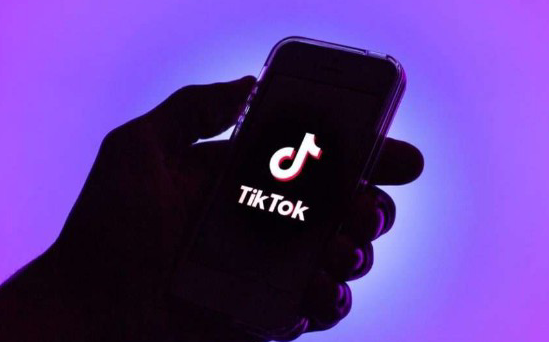
TikTok has always been problematic, and not just for parents of teenagers worried about the latest dangerous trend. The bigger issue is that the app is owned by ByteDance, a Chinese company. And, as the Director of the FBI, Christopher Wray, just reminded lawmakers, “Chinese companies are required to essentially… do whatever the Chinese government wants them to do in terms of sharing information or serving as a tool of the Chinese government.”
TikTok is problematic because, well, China is problematic. And, it’s something the FBI is taking seriously.
The problems include “the possibility that the Chinese government could use it to control data collection on millions of users,” Wray said. “Or control the recommendation algorithm, which could be used for influence operations if they so chose. Or to control software on millions of devices, which gives it opportunity to potentially technically compromise personal devices.”
“That’s plenty of reason by itself to be extremely concerned,” Wray added. He’s right, and it’s something everyone should consider.
To be fair, it’s less likely that the Chinese government could use TikTok to exploit devices directly. Apple’s App Store Review process is designed maintains strict control over the software that can be installed on iPhones, and Google has a similar process for reviewing apps to prevent malicious code from compromising your device. In addition, on the iPhone, apps run in a sandbox, preventing them from accessing other apps or data.
The bigger concerns are that China could use data about users from within the app to gather and store information about American citizens. In addition, China could put pressure on the company to modify its algorithm in order to display content with the purpose of influencing users.
The Biden Administration has sought a deal that would route all of TikTok’s traffic for U.S. users through servers owned by Oracle. The company would also presumably audit TikTok’s algorithm to ensure user data is protected.
Previously, the Trump administration tried to block TikTok completely, along with another Chinese app, WeChat. That led to a very strange series of events that included the possibility of Microsoft buying TikTok. In the end, that didn’t happen, and Oracle was chosen instead to sort of safeguard data of American users.
According to the privacy nutrition label in the iOS App Store, the data TikTok collects includes contact information like your email address and phone number, as well as browsing history, your app usage data, the videos you interact with, and your location. All of the information would be valuable if you wanted to target specific individuals.
Currently, TikTok says that engineers in China only have access to data that is public, like the videos posted on the platform or comments. Private user data is supposed to be walled off.
Location data, in particular, is problematic. There’s really no reason TikTok needs your location in order to show you random videos of people dancing.
Even if you see apps collecting your data as the price you pay for free services, that’s a lot different than an app collecting your data and handing it over to a hostile government. That’s not to say TikTok has bad intentions. I have no idea whether anyone at TikTok or ByteDance cares about what videos you watch or where you are when you watch them.
The only point that matters is that the company doesn’t have a choice. If China orders TikTok to hand over user data, it will have to hand over whatever data it has.
It’s another example of why trust is your most valuable asset. Right now, no one trusts China, which means no one trusts TikTok. The company itself has very little incentive to “spy” on its users, that would be bad for business. On the other hand, it’s inextricably linked to a regime that regularly surveils its own people.
That’s why the U.S. is trying to come up with an arrangement that seals off the data of Americans and keeps it from ever being sent to TikTok’s servers. If the company doesn’t have any data on Americans, it won’t be able to give it to the Chinese government. There is, obviously, another option: to not have it on your phone in the first place.
* Article from: inc.com
